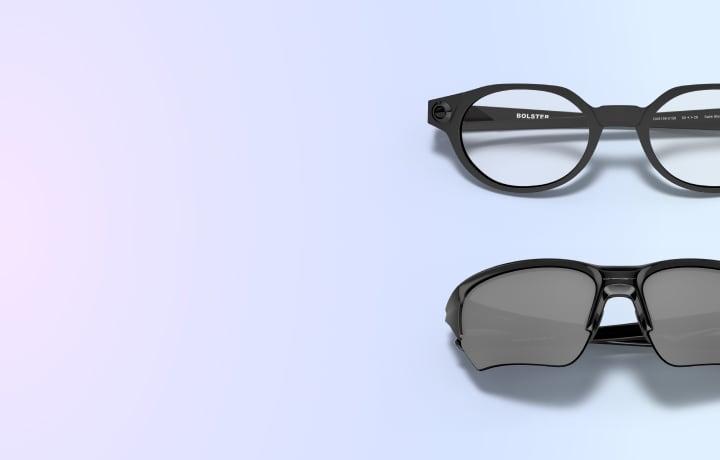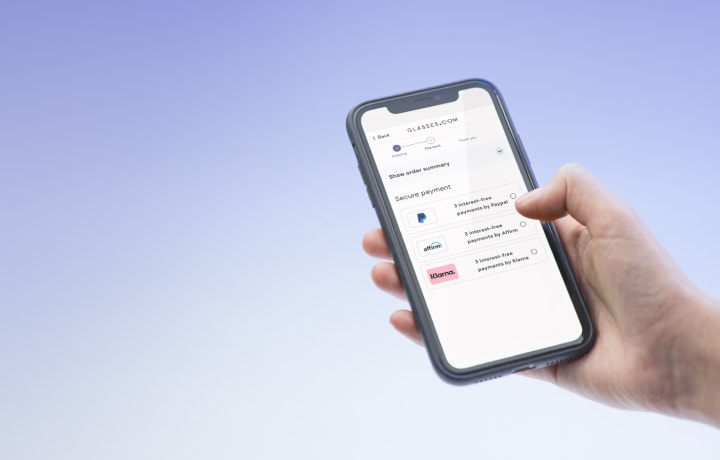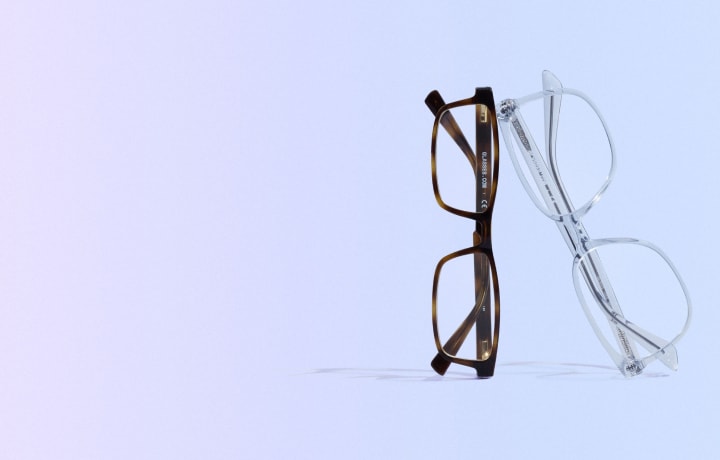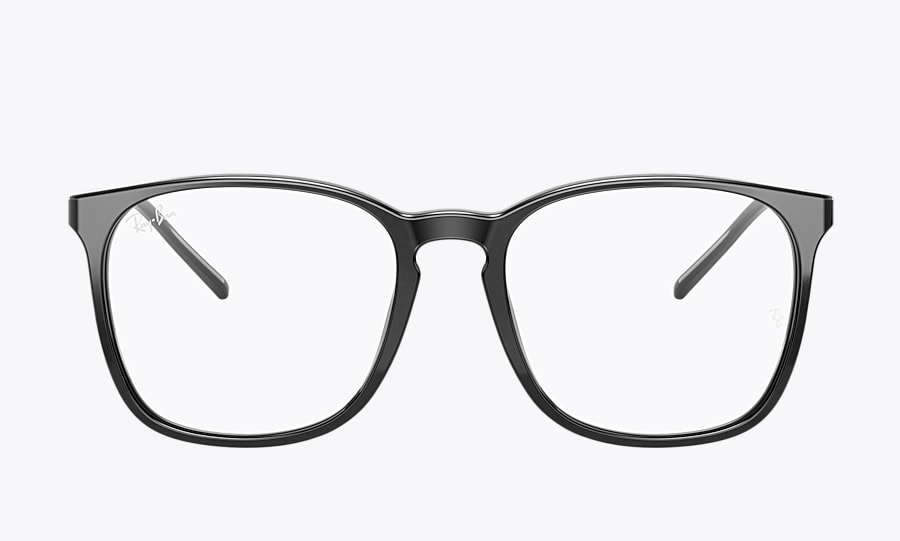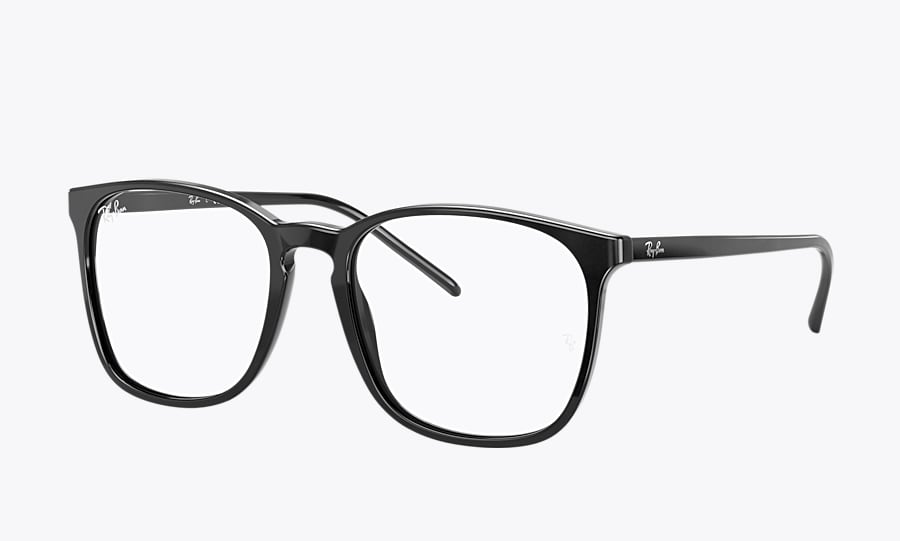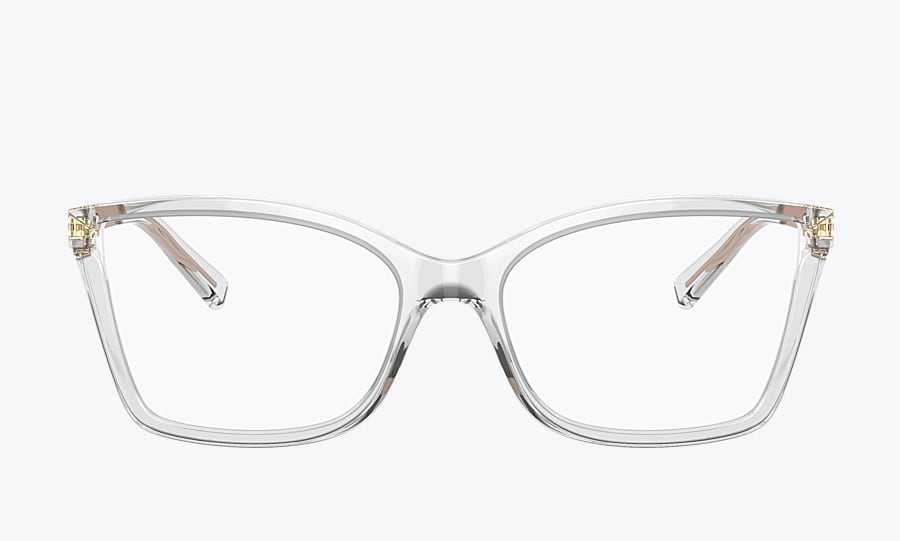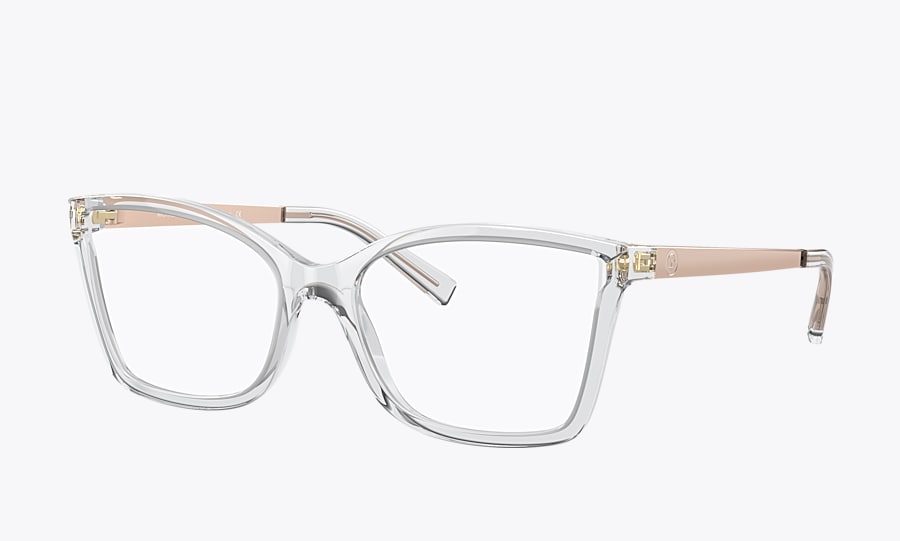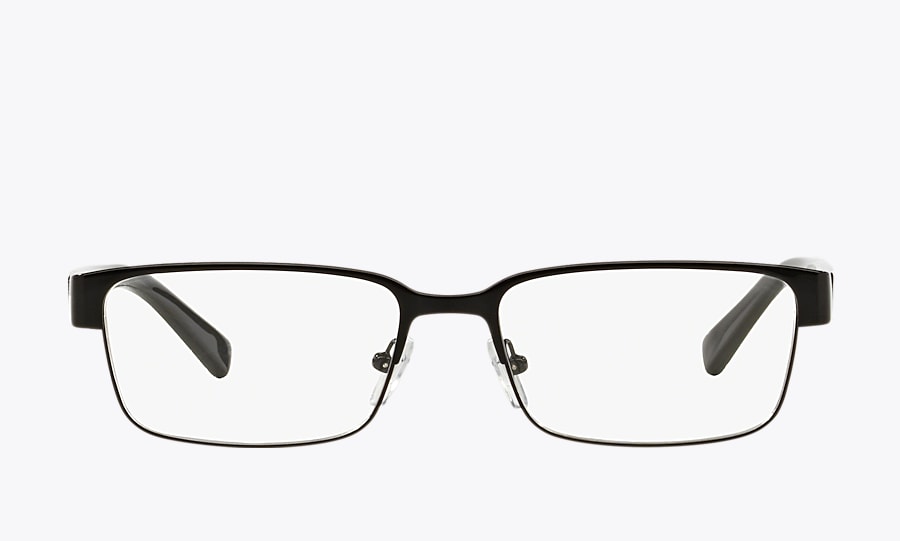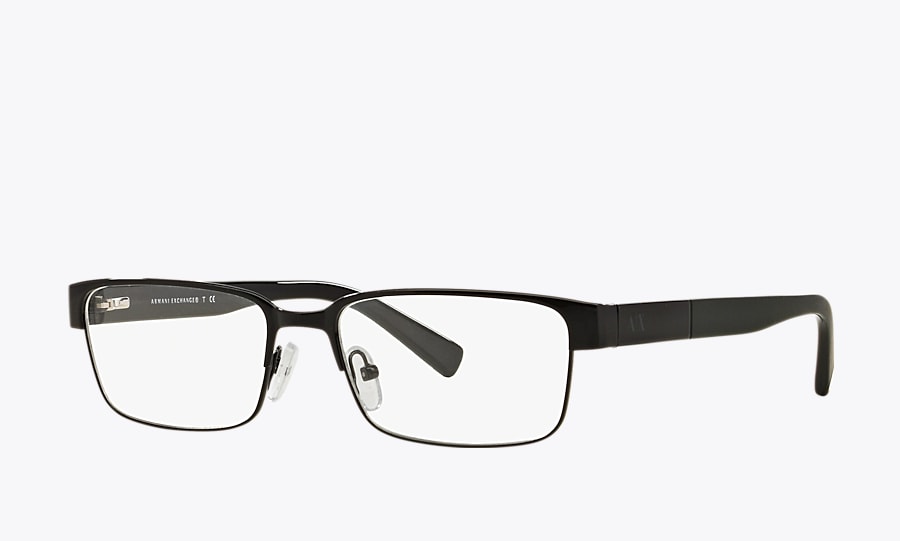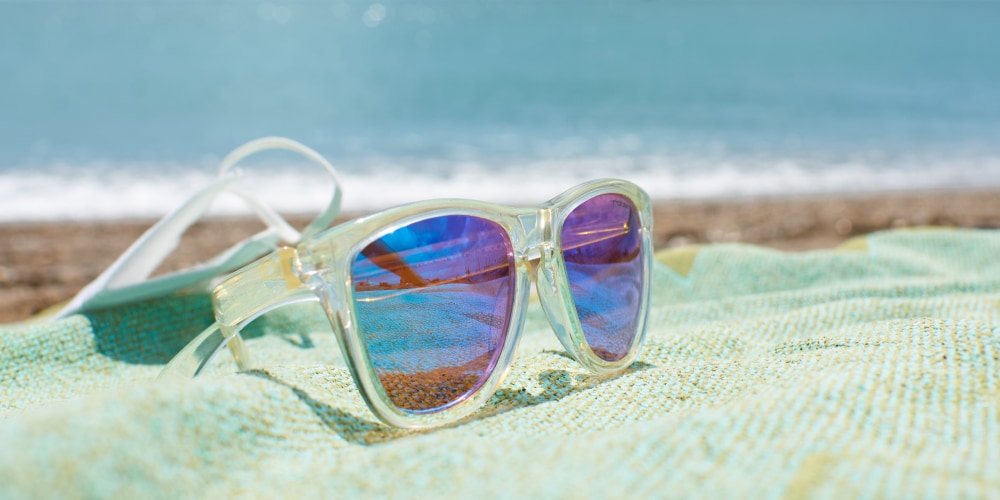
What are polarized sunglasses? With so many different lens treatments, it's simple to get confused about what each treatment is for and how they work. Here, we answer some of the most frequently asked inquiries regarding polarized lenses.
What does polarized mean?
Polarizing is a special treatment to block the strong glare from light that is reflected off of smooth surfaces. This treatment acts as a blind, letting only a little amount of light through.
Much of the sunlight that reaches our eyes is dispersed, but sunlight can be reflected in one direction when it hits a smooth, flat, glossy surface, such as the hood of a car or the calm surface of a body of water, leading to distracting and sometimes harmful glare.
Polarized lenses vs non-polarized: what is the difference?
Polarized lenses have a unique chemical applied to them to filter the light that reaches your eyes. To prevent some of the light from passing through the lens, the molecules of the chemical are arranged in a particular way, blocking light rays that are oriented in the same way from passing through the lenses. Non-polarized lenses provide light protection, but they lack an integrated filter to cut down on glare or block out horizontal light rays.
The outcome of this filtering is a somewhat darker-than-normal image when using polarized lenses. However, polarized lenses make objects appear sharper and crisper, and they make it easier to perceive details.
How to tell if sunglasses are polarized
What are polarized lenses, what do polarized lenses do, and how to tell if sunglasses are polarized? Put on your shades and look at a bright, reflective light source (such as glass, water, or polished metal). You are wearing polarized sunglasses if you tilt your head sideways to about a 60-degree angle and notice an increase in light intensity. They are simply tinted if the quality remains unchanged.
Polarized or UV-blocking sunglasses?
Remember that just because your sunglasses are labeled as blocking UV rays from the sun does not necessarily mean they are also polarized. A label indicating polarized lenses will be present.
The specific protection from a pair of sunglasses' UV filter lenses mostly depends on the brand; some are more effective than others. For instance, all Eagle Eyes polarized sunglasses block 99.9% of UV rays and blue light thanks to TriLenium® technology.
When to use polarized sunglasses
Driving, outdoor exercise, and water-related outdoor activities like water skiing, sailing, and fishing are all great uses for polarized lenses.
When to not use polarized sunglasses
There are certain situations when polarized lenses are a disadvantage. Polarized lenses can reduce your ability to read LCD or LED light displays. You can find these displays on car dashboards, ATMs, mobile devices, and digital watches. Pilots and persons who use specific machinery with digital displays should check to see if polarized lenses impact their vision.
In some situations such as skiing or driving in icy conditions, you might want to forgo polarized sunglasses. And as they block out harsh light, wearing polarized lenses while driving at night can make dark environments even darker and more dangerous.
Benefits and disadvantages of polarized sunglasses
If you are considering buying polarized sunglasses online, read first some of the main benefits and disadvantages of polarized sunglasses.
Benefits of polarized lenses
- One benefit of polarized lenses is improved visual comfort. Your eyes will be more at ease in the glare of the sun. Even though the lighting may be exceptionally bright, it lessens the amount of glare you experience so you can see objects. Because you are no longer required to process both the vertical and horizontal light patterns, it is possible to perceive the world around you in its true
- Another benefit is that polarized lenses improve contrast and clarity. Polarized lenses improve color contrast while viewing items at eye level in bright lighting because the horizontal light waves are filtered out. Compared to the overexposure your eyes would process if you weren't wearing the lenses in the first place, the improved color perception allows for clearer vision. Thanks to this product, you'll be able to avoid fatigue-related problems like headaches more frequently because your eyes won't have to work as hard to focus on particular objects in the environment.
Disadvantages of polarized lenses
- One of the main disadvantages of polarized sunglasses is that LCD panels are hard to perceive using polarized lenses. The chemical components added to the product to generate the filtering mechanism, such as polarized lenses, reduce the amount of light your eyes can process from an LCD screen when you are wearing glasses with polarized lenses. Additionally, it might affect how many colors someone can see when reading or watching a show.
- Finally, polarized sunglasses may alter how you see things. Because polarized glasses change your vision due to the filtering process, heavy machinery operators cannot use them. Since the lenses would be in the way while operating, this equipment frequently has an LCD screen to show the operator the current situation. Due to the LCD screens that are a part of the modern cockpit, this drawback also applies to airline pilots. This option might not be suitable for someone who regularly uses their phone for work, needs access to GPS equipment, or has similar requirements due to their line of work.
Now you can make an informed decision regarding your next pair of sunglasses. If you have any doubts, consult your eye doctor.









